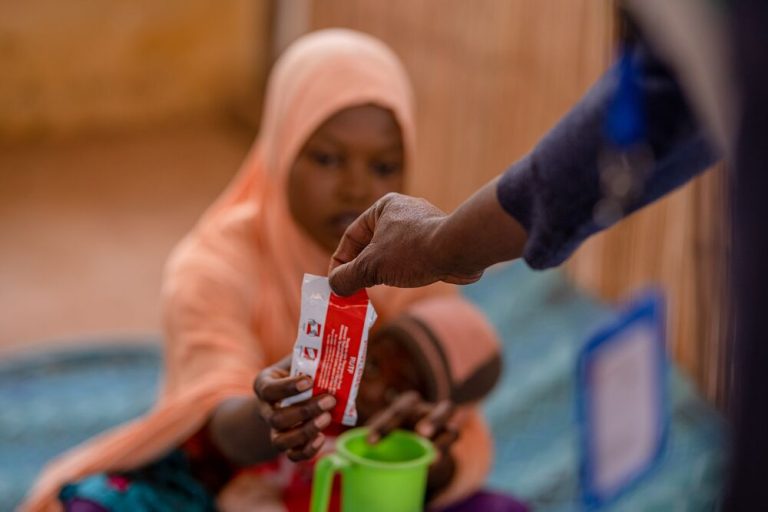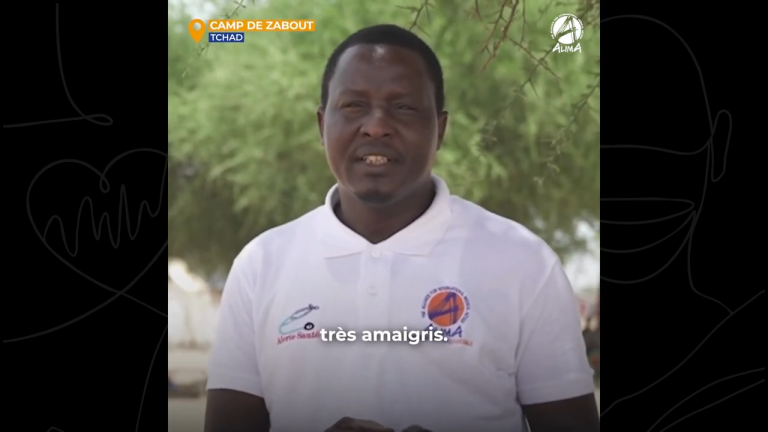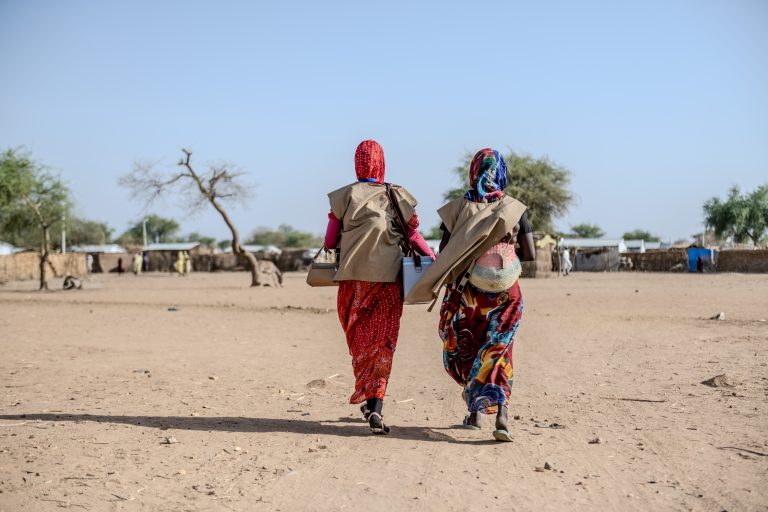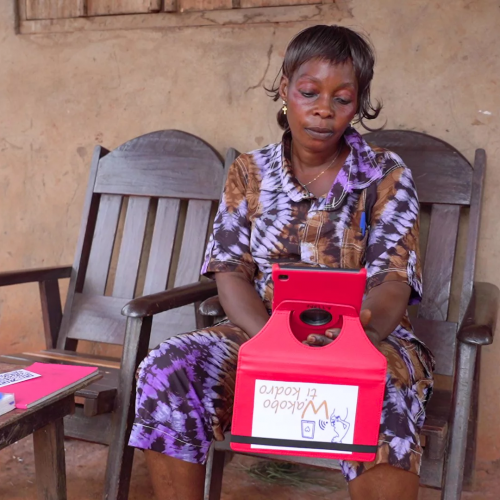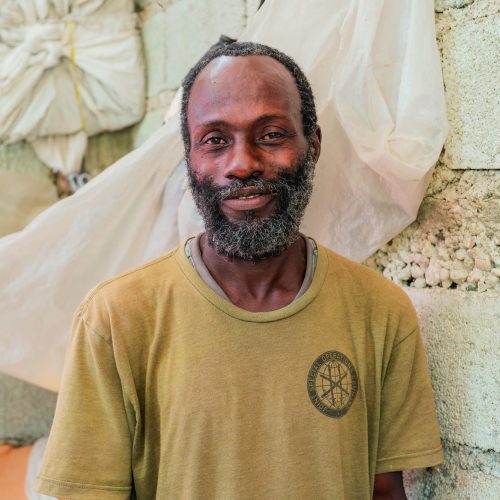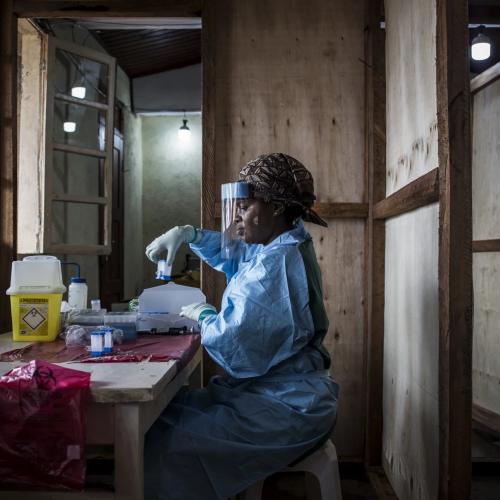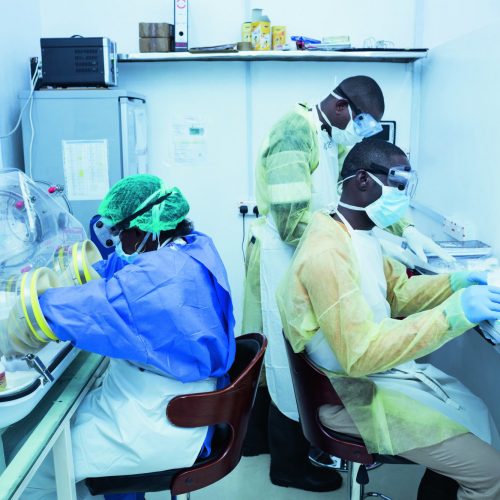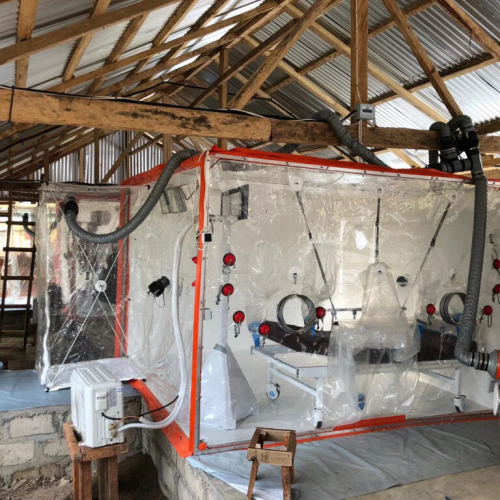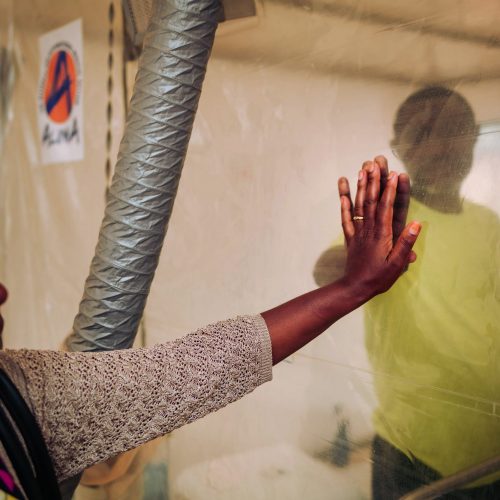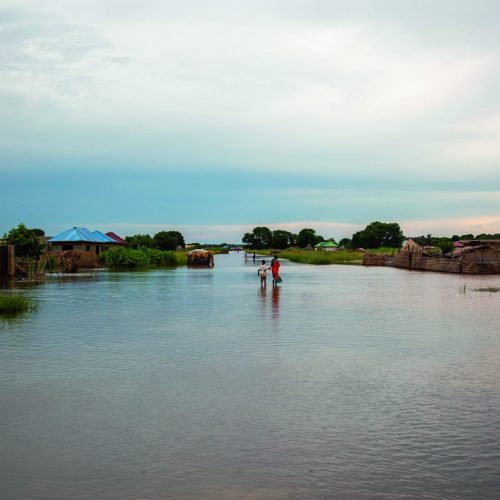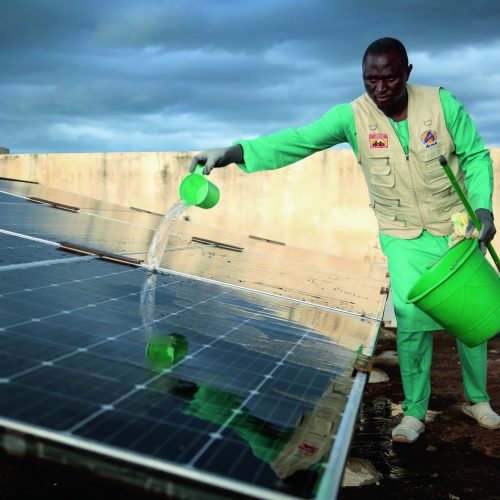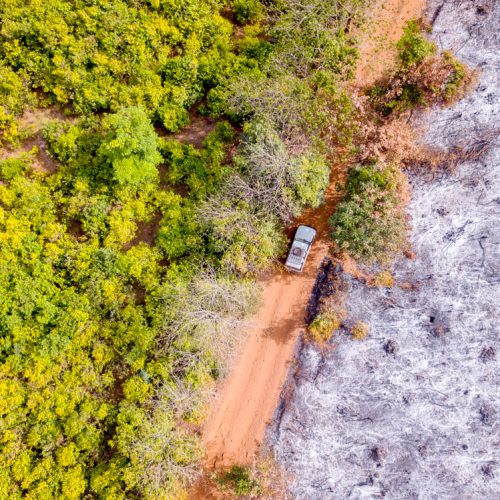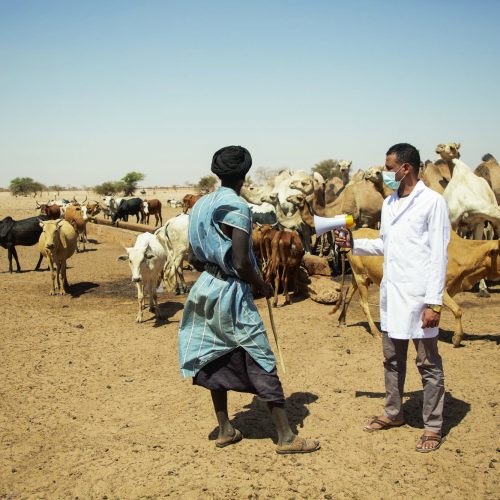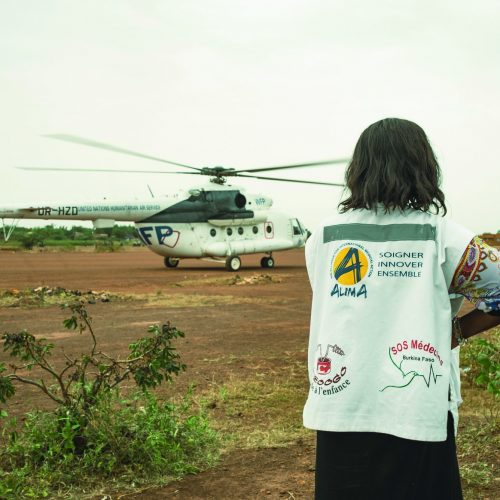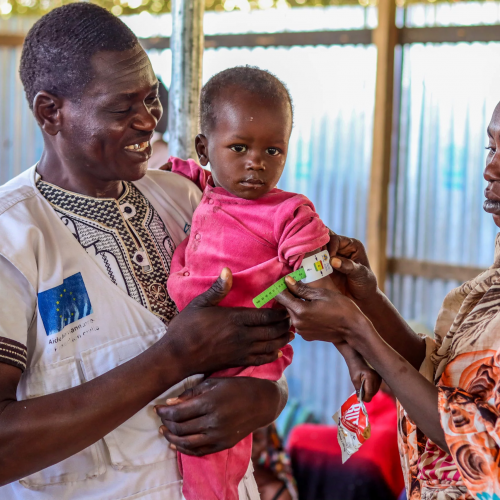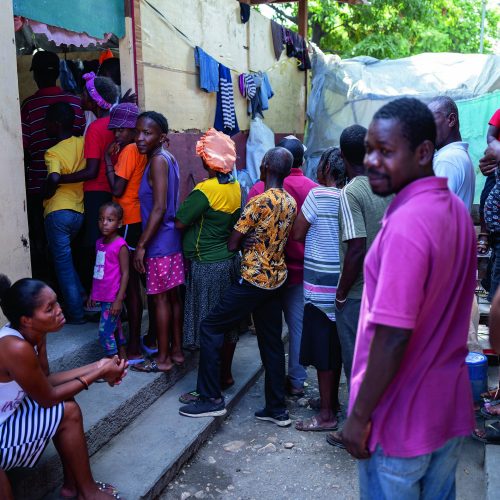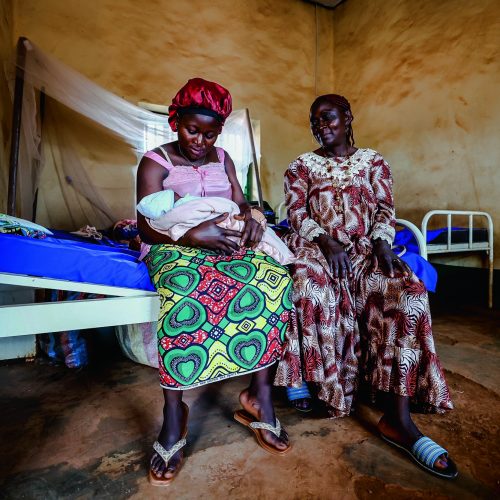“The care of Ebola patients has come a long way,” says Dr. Richard Kojan, an intensive care specialist and president of ALIMA. “Currently, health care workers have effective solutions, such as vaccines, treatments and intensive care to treat Ebola patients. ALIMA conducts community outreach activities to encourage people not to be afraid of Ebola treatment centers and to go early, because the chances of recovering from Ebola can be 80%, which was not the case before.”
What do we know about Ebola today?
1. Ebola is a type of filovirus. After an incubation period of between two and 21 days, the patient may develop symptoms such as high fever, headache, muscle pain, vomiting, diarrhea and, in some cases, internal and external bleeding. The Ebola virus is contagious. It is transmitted from human to human through contact with bodily fluids or secretions of infected patients, including vomit, blood, saliva and sperm.
2. The Ebola virus was first discovered in the Demoractic Republic of the Congo in 1976. Since then, the country has reported 12 outbreaks of the virus, including the current ongoing outbreak in North-Kivu province. Ebola was first reported in West Africa, in 1994, in Ivory Coast. In December 2013, Ebola was confirmed in Guinea, and then spread to neighboring countries, including Sierra Leone and Liberia. This became the largest Ebola epidemic in history, infecting more than 28,000 people between 2014 and 2016. Nearly five years later, Ebola was again confirmed in Guinea, in February 2021.
3. The Ebola virus can be spread to humans who come into direct contact with infected wild animals. Most animal-to-human transmissions are believed to originate from direct contact with infected bats or monkeys. During an outbreak, it is strongly advised not to handle or eat bushmeat.
4. The chance of recovering from Ebola can be as high as 80% with early medical care. During previous outbreaks, the mortality rate among Ebola patients could be as high as 90%. Today, thanks to findings from the PALM (Pamoja Tulinde Maisha)* study, a therapeutic clinical trial conducted by ALIMA and its partners** in DRC (2018-2019), the mortality rate can be reduced to less than 20% among patients who seek early treatment and are treated with one of two therapeutic molecules: REGN-EB3 or mAb114.
5. Symptomatic treatment of the Ebola virus improves the chance of survival. Supportive care or intensive care, such as rehydration and blood transfusions, are among the treatments used to help patients survive Ebola. These treatments considerably improve patient comfort by compensating for losses due in particular to dehydration and help to reduce patient mortality.
6. The Ebola vaccine, Ervebo, formerly rVSV-ZEBOV, effectively protects against this deadly virus. According to the World Health Organization (WHO), the Ebola vaccine, Ervebo was licensed in November 2019 by the European Medicines Agency and prequalified by the WHO. The U.S. Food and Drug Administration licensed the vaccine in December 2019. Since then, Burundi, the Central African Republic, the Democratic Republic of the Congo, Ghana, Guinea, Rwanda, Uganda, and Zambia have also approved it.
7. Rapid deployment is necessary to control outbreaks. To be effective, the response relies on multiple types of interventions: patient care, Infection Prevention and Control measures, contact tracing, quality laboratory services, safe burials and community engagement with appropriate communication, so that local populations are involved in the response.
8. Reinforcing personal protective measures will help control the spread of the virus. Local populations and health care workers must follow strict hygiene measures, including regular hand washing, avoiding direct or close contact with suspected patients, wearing gloves and protective equipment when caring for the sick, and not touching the bodies of the deceased without protection.
9. The CUBE (a Biosecure Emergency Care Unit for Epidemics), created by ALIMA, is an individual care space, which allows for safe intensive care or resuscitation by health care workers, while providing more comfort for patients who can stay in contact with their families and health care workers. Ebola is often perceived as a very frightening disease and the fear of being infected has meant that little research has been conducted about this disease. Now, with the ease and safety of contact between patients and health care workers provided by the CUBE, scientific studies can be conducted to generate more knowledge about Ebola.
Currently, ALIMA and its partners continue to conduct research about Ebola, with three areas of focus:
– Characterize the disease clinically and biologically to better describe it.
– Continue clinical trials to find more vaccines, antivirals against Ebola, and other supportive treatments to improve care for Ebola patients.
– Conduct clinical interventional studies that will challenge existing symptomatic treatments to improve patient care practices
10. The end of an Ebola outbreak is declared if, 42 days have passed without a new confirmed case, starting from the day the last Ebola patient tests negative in laboratory tests.
* A Swahili phrase meaning: “Together, we save lives.”
** National Institute for Biomedical Research (INRB) in DRC, WHO, the National Institute of Allergy and Infectious Diseases (NIAID)
Cover photo: A unit of the CUBE, a biosecure intensive care unit for epidemics, is installed by ALIMA’s emergency response team at the Infectious Disease Treatment Center (Ct-Epi) in N’Zerekore, Guinea. 2021. © Léa Ledru / ALIMA

